The Center for Developmental Biology and Regenerative Medicine (CDBRM) studies the body's response to injury at multiple levels, including molecular, cellular, tissue and whole-organ. CDBRM uses the Beier Lab's research to develop therapeutic interventions that will ultimately help the body repair itself.
-

Beier Lab
The Beier Lab studies organ development and repair using genetic and genomic analysis of model systems and human birth defect syndromes. Related topics: Congenital developmental defects, genetic kidney disease -
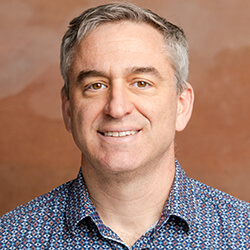
Bennett Lab
The Bennett lab at Seattle Children’s Research Institute investigates the contribution of post-zygotic mutations on human development and birth defects, with a focus on vascular malformations. We also study the impact of rapid diagnostic genomic sequencing in management of children in intensive care units. -

Chavkin Lab
Identifying therapeutic strategies towards increasing resilience to heart disease and improving overall health and lifespan of patients. -

Cherry Lab
The Cherry Lab investigates how the visual system develops, and how genetic variations contribute to blindness and other visual disorders. -

Franks Lab
The Franks lab aims to understand the cellular and molecular dynamics regulating inflammation and progressive fibrosis by developing computational methods that improve 'omics analyses in complex diseases. -
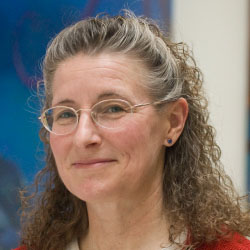
Hing Studies
Dr. Anne V. Hing investigates the genetic causes of craniofacial disorders and specializes in recruiting patients for studies. -
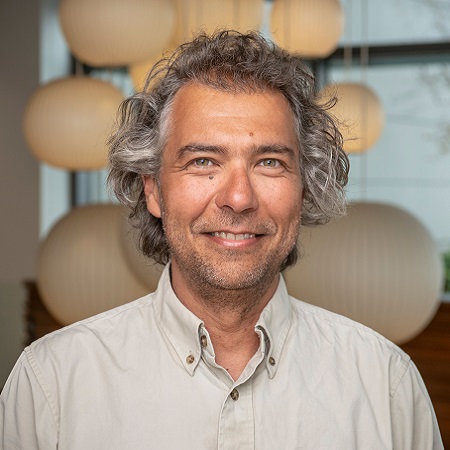
Maga Lab
The Maga lab investigates fetal alcohol syndrome and the mechanisms responsible for human malformations, specifically craniofacial disorders. -
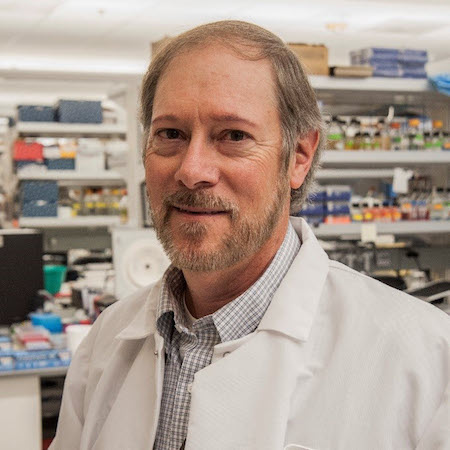
Majesky Lab
We use molecular biological and developmental genetic approaches to address fundamental questions in development and differentiation of blood vessels. Current projects use both mouse and avian models. One major research focus is on vascular stem and progenitor cells that reside in the adventitial layer of artery wall. -

Maves Lab
The Maves lab investigates skeletal muscle and heart development, with the goal of making discoveries that lead to new treatments for muscular dystrophy and heart disorders. -

McCarthy Lab
The McCarthy Lab is focused on understanding epigenetic mechanisms regulating cell identity during development, and applying these discoveries to cell reprogramming with the goal of developing liver cell therapies for transplantation. -

Miller Lab
The mission of the Miller Lab is to reduce the burden of undiagnosed genetic diseases on patients and their families by improving the efficiency and effectiveness of genetic testing, and to better understand human genetic disease through the identification and characterization of novel disease-causing variation.
-

Nguyen Lab
In the Nguyen Lab, we investigate the genetic and epigenetic changes occurring after kidney injury. -

Nigam Lab
The Nigam Lab aims to improve the care of young cardiac patients by discovering innovative solutions for hypoplastic left heart syndrome; improving outcomes for children undergoing cardiac surgery with cardiopulmonary bypass and mechanical circulatory support; and inventing new tools that make cardiac surgery safer. -

Paquette Lab
Pregnancy is a transient but highly important time that shapes health throughout the lifespan. This concept is known as the Developmental Origins of Health and Disease (DOHAD) paradigm. The prenatal environment is influenced by a complex interplay of genetic, environmental and maternal factors. The placenta is a crucial mediator of the in-utero environment, and perturbations to placental function may influence fetal growth and development. Our long-term goal is to gain insight into the underlying molecular mechanisms linking the in-utero environment and birth outcomes by applying innovative network biology approaches and multi-omic data analyses within the placenta.
-

Shih Lab
The Shih Lab uses advanced optical imaging to study neurovascular function in the living brain. Our goal is to better understand how blood flows through the brain by watching and learning from model organisms. This can provide clues on the development and repair of key vascular functions, such as the blood-brain barrier, which may one day help protect blood vessels in the aging and diseased brain. -
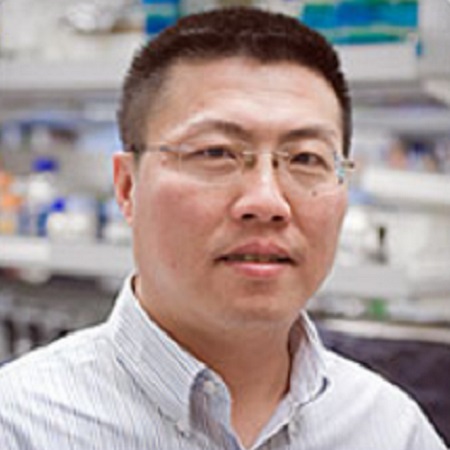
Yu Lab
Dr. Kai Yu’s lab studies how craniofacial malformations occur, opening the door to new ways to diagnose, prevent and treat them.
